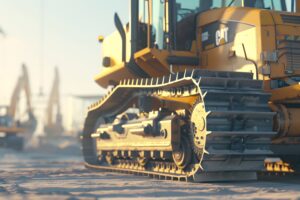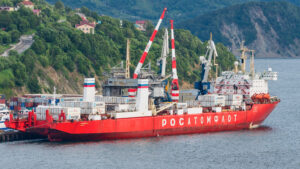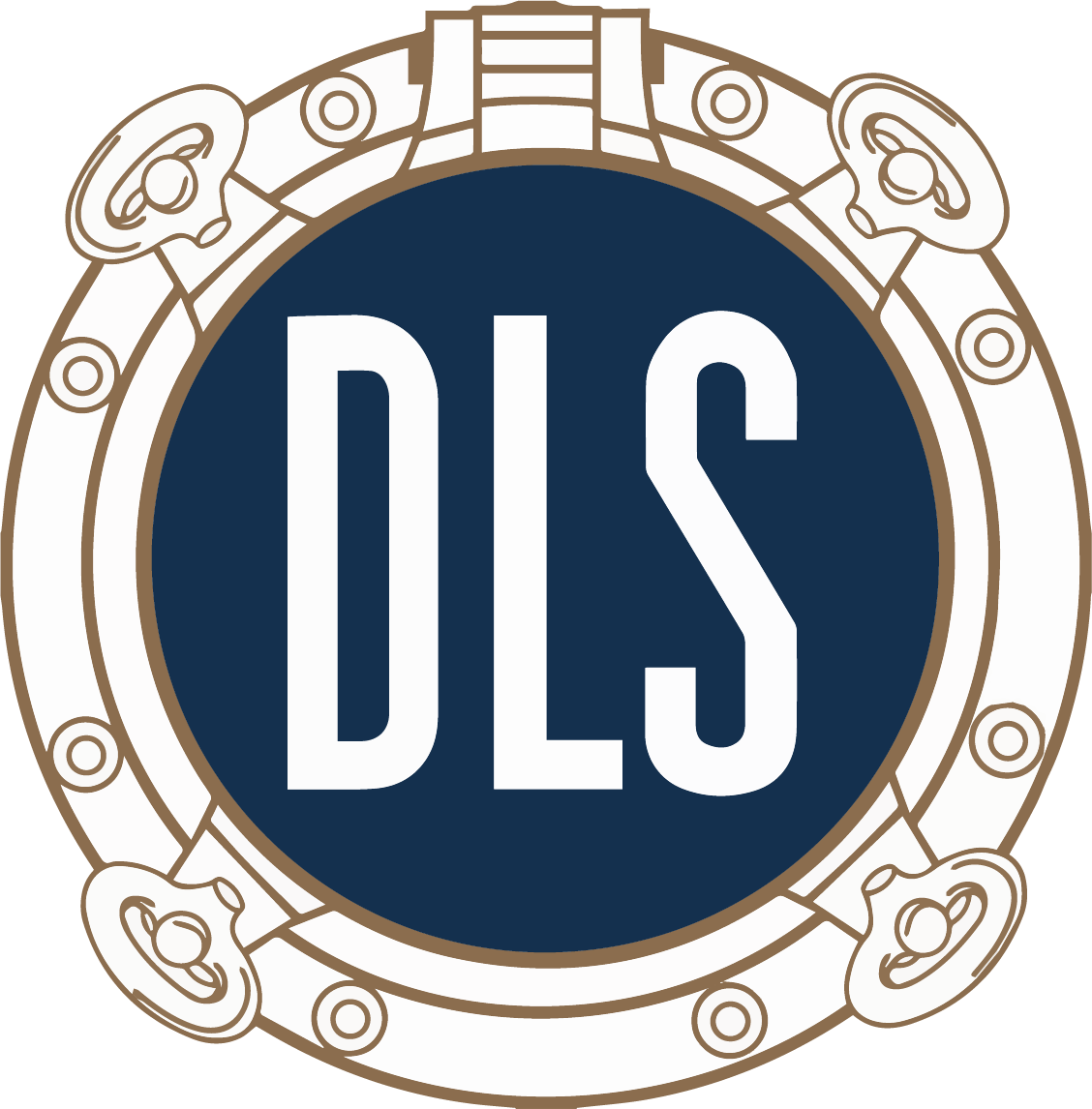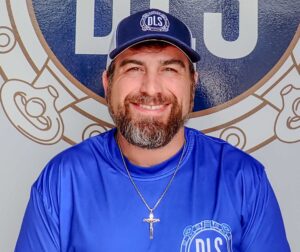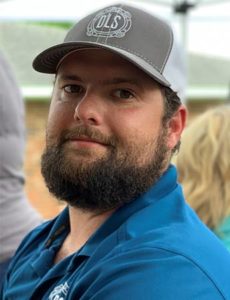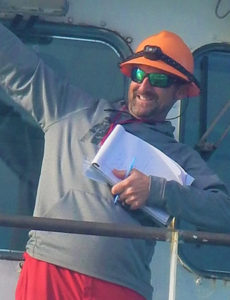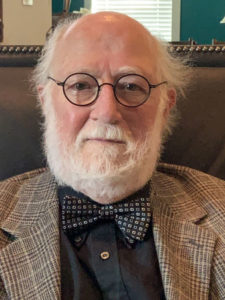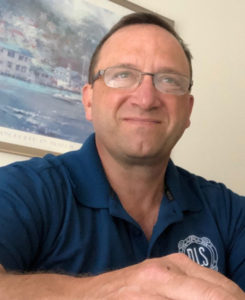- September 15, 2020
- Industry
- Staying Ahead of Technology
NEW SYSTEMS AND SAFETY
Looking into the not so distant future there are new concerns for surveyors, owners and lenders.
LNG powered vessels are being launched almost weekly. There is also a push by engine manufacturers and shipyards to have standard fuel oil powered vessels retrofit to Liquefied Natural Gas. LNG is the fuel choice of propulsion to meet current exhaust emission standards and will be with us for the next 10 to 20 years. But technological advances and the need to meet stricter Green House Gas (GHG) emission regulations will force the move to fuels that are cleaner over their lifetime. That means clean in their production, use and disposal, and clean in the manufacturing of the systems through which they are used.
“Experience is the name everyone gives to their mistakes.”
– Oscar Wilde (1854-1900)
All of the new systems bring new safety issues. LNG involves flammable gas. Storage and onboard delivery systems must be redundant and include safety switches, valves and alarms. Hybrid vessels also have battery blocks which must have protection from the fire dangers associated with lithium batteries.
Surveyors need to be concerned with the fueling system safety features, how the bunker port is arranged, and what the LNG fueling safety procedures are.
When surveying one of these vessels, the type and capacity of the fueling system are both important parts of the vessel’s value, but the condition and efficacy of the associated safety systems are also extremely important.
We are used to being around a “benign” fuel, diesel oil. The new fuels and fuels of the future, like LNG and ammonia, might take a mindset more like being around gasoline. There is also the future possibility of “layered technology” where LNG is blended with a bio-fuel or methane.
The days of simple fuel pumps and fuel rails on larger commercial vessels are numbered.
BATTERY CONCERNS
With LNG or other future fuels, be they ammonia, bio fuels, hydrogen, or even solar or wind assist, batteries will be involved.
I have read of at least six types of lithium batteries that can be used in electric vehicles. Some of these types may not be transferable to the larger sizes needed in marine vessel storage banks. Since the technology is changing so quickly there are no hard statistics on battery life. What is known is that the larger the battery the better it seems to stand up to drainage and recharging cycles. Currently some scientists believe the life of a battery block to be around 10 years. In their systems, ABB appears to guarantee a 10-year life. Other systems speak of a five-year life. Therefore, like engine overhauls, battery block life can be a major maintenance or life extension cost affecting a vessels value.
Along with battery renewal there is the flip side, battery recycling. What can be done to salvage battery components? Will salvage recovery be enough to partially offset the cost of battery block renewal and a factor in future values calculations? This will be changing as battery design and materials change. There are already businesses that are set up to recycle/reuse some parts of some of the lithium battery designs.
This leads to the ecological problem of how “green” hybrid electric vessels are. In use there is no question that electric power or electric assist saves fuel burn. But if you include the manufacturing and disposal of large marine battery blocks, does one still reduce overall GHG? There are indications that with continued improvements in the market and in the right usage there is and will be savings.
Another plus on the electrical side is the growing use of more efficient neodymium magnets in permanent magnetic motors. These magnets are used instead of windings and have a long life, are efficient, and reduce maintenance costs.
ROLLING SNAKE EYES?
The owners who jumped into retrofitting their ships with exhaust scrubber systems, feeling it was the safest approach to compliance with the IMO 2020 emission standards, are now repenting in leisure.
This time last year the anticipated cost difference between the then acceptable High Sulfur Fuel Oil (HSFO) and the post January 1, 2020 Low Sulfur Fuel Oil (LSFO) was estimated to be in the range of $300 to $400 per tonne. A ship’s engine retro fit could be paid off within a year of operation. The retrofit breakeven price differential for LSFO was estimated at $170 per tonne. In 2020 the price spread has been averaging closer to $70 per tonne, running the payoff time for a scrubber system to closer to five years.
Scrubber maintenance has also become a costly problem. Class societies are talking about seeing systems out of order or requiring constant maintenance. Anecdotally there is a story of an operator who estimated scrubber system maintenance at $10,000 per year per ship and the actual cost has been closer to $100,000. Your mileage may vary.
There are also some stories of open loop scrubbers where the mix of sulfurous exhaust and salt water has eaten away areas at or around the scrubber discharge allowing ingress of water. And while on the subject of open loop systems, more countries and ports are banning ships with open loop scrubber systems as they don’t want the sulfurous discharge in their harbor water. The argument still rages as to whether the discharge is or is not ecologically dangerous.
Not confined to either open loop or closed loop type systems, there have been failures in a vessel’s exhaust stack, where these systems are installed, that allowed salt water to pour down into the engine room causing extensive damage and even a few cases of loss of propulsion or generator power.
Currently ships with scrubbers still show a slight advantage in charter rates over non-scrubber ships using LSFO, but it’s difficult to see this as an overall advantage that would warrant a valuation premium.
I’ve been commenting on all the changes that will be coming in order to make transportation cleaner. These technologies will apply to cars, trucks, construction equipment, aircraft and marine. So many entities are pushing their research their products and their services. A group called the Green Shipping Project headquartered in Vancouver and supported by the University of British Columbia has assembled a worldwide group of educators, NGO’s and some governments to study and independently quantify the economics of green initiatives. Their website https://greenshippingproject.com/projects/ shows some of the studies done, most involving port facilities.
While COVID-19 disrupts the world the marine industry continues on a technological roll. Even though the United States is not politically involved in some of the technological research and changes, domestic engine companies and industrial manufacturers who sell internationally have to stay competitive. This is also true of U.S, flag vessels, whether large blue water cargo vessels or oilfield service vessels, which have to conform to world standards in order to work around the world.
So while the DLS staff have been cut off from face-to-face education, the growth of marine related webinars have been a blessing. DLS has tried to stay current on technological changes by sitting in on important webinars and internally spreading information we have learned. Some of this also comes to you, our readers, through this monthly posting.


